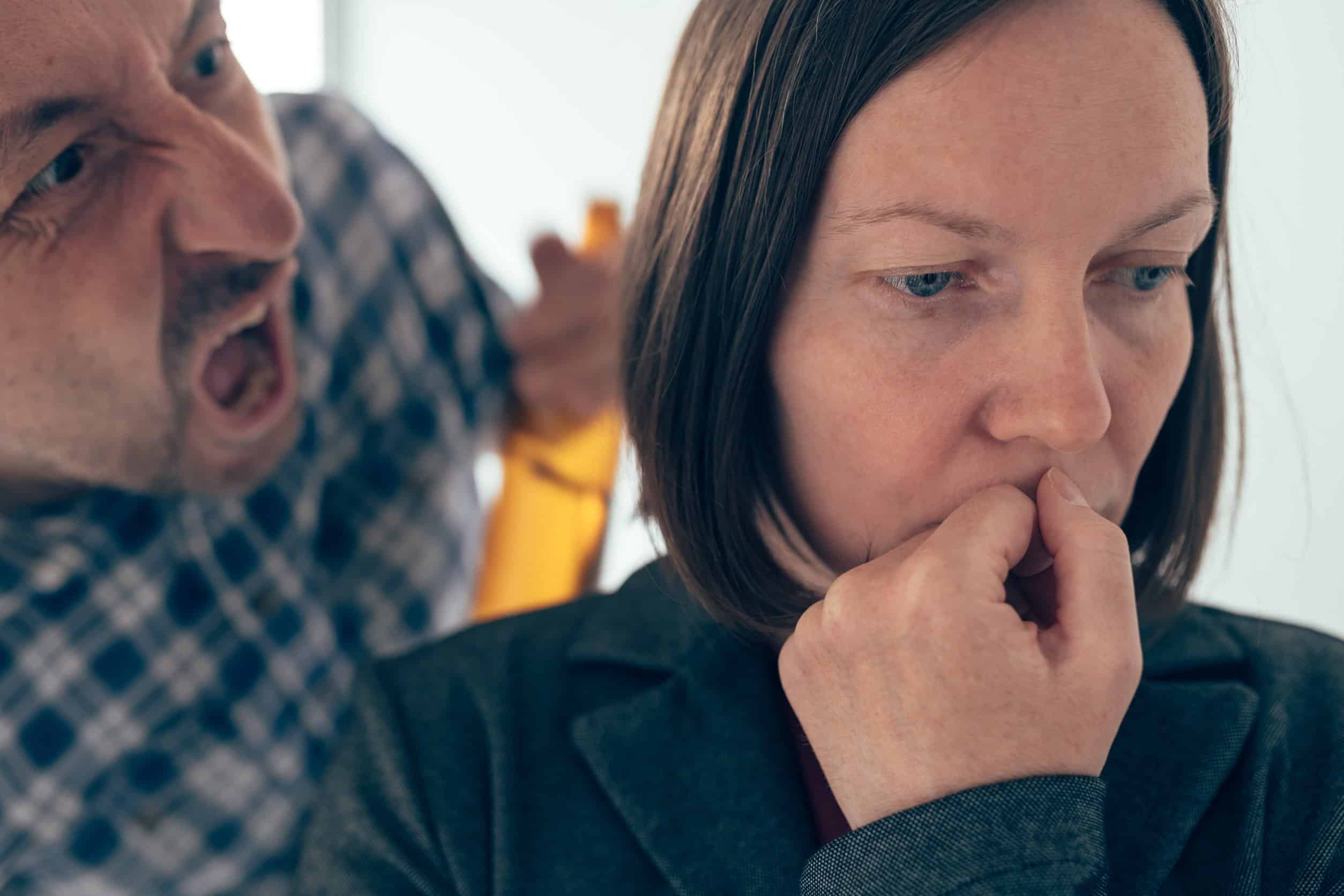Sometimes, the situation in a home between its inhabitants is less than ideal. When that happens, and things turn for the worst, the police may become involved – and once that happens, a person who may have thought they were only defending themselves can get charged with domestic violence crimes.
There are cases where self-defense is necessary, which is why the state of Colorado does draw a line between situations where self-defense is warranted and when it crosses the line to domestic violence. Read on to find out how the state differentiates between these two things and what you should do if you’re accused of a domestic violence crime.
Self-Defense in Colorado: What Is It?
The state defines self-defense as physical actions a person uses to protect themselves. Acts of violence and aggression are usually seen as inappropriate legally but can be seen as appropriate in situations where physical force is used only to protect themselves from bodily harm they feel is imminent.
To be able to claim an act was one of self-defense legally, you must be able to demonstrate that you believed you were in danger, that the force used in the situation was reasonable for the circumstances, and that you did not mean to inflict harm on the other person – only to protect yourself.
Domestic Violence: What Is It?
The state regards domestic violence as any violent or aggressive action that is used to control someone with whom a person has or has had an intimate relationship. That means domestic violence can only be perpetrated in the state against people with whom the perpetrator has a special relationship, such as someone you’ve dated, are or have been married to, or with whom you share a child.
Domestic violence in Colorado is not a standalone crime. It is regarded as an enhancement charge for a violent act and will enhance the sentence for the underlying act if you are found guilty.
The Difference Between Domestic Violence and Self Defense
The biggest difference between domestic violence and self-defense is the definition of the actions and the motivation for those actions in the circumstances. In scenarios where self-defense takes place, the motivation is protecting yourself. In domestic violence, the motivation may be shame, anger, or other emotional response.
The tricky part about self-defense is that it’s considered an affirmative defense in Colorado. That means you don’t deny your conduct; instead, you simply argue that your conduct was justified in the circumstances.
The self-defense argument can be tricky to prove in court, as you have to show that there was an imminent threat of bodily harm being made toward you and that the belief was reasonable. If you can’t demonstrate that, you may face domestic violence enhancements for an underlying charge against you.

Domestic violence crimes and self-defense are two areas of the law that come together more often than people may realize. That’s why it’s important to ensure that you’re working with an experienced lawyer who understands the nuances of each and can work with you to put together the best defense possible. Remember, you are innocent until proven guilty by the prosecution, so don’t give up hope. Your case can end positively for you – simply ensure your rights are protected at each step.
About the Author:
Kimberly Diego is a criminal defense attorney in Denver practicing at The Law Office of Kimberly Diego. She obtained her undergraduate degree from Georgetown University and her law degree at the University of Colorado. She was named one of Super Lawyers’ “Rising Stars of 2012 & 2019-2022” and a “Top 100 Trial Lawyers in Colorado” for 2012-2022 by The National Trial Lawyers. Both honors are limited to a small percentage of practicing attorneys in each state. Additionally, Expertise names her to its lists of the 25 Best Denver DUI Lawyers and 21 Best Denver Criminal Defense Lawyers, both in 2020-2022. Ms. Diego has also been recognized for her work in domestic violence cases.





